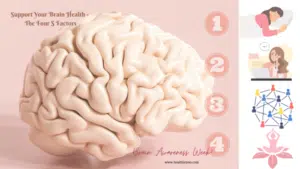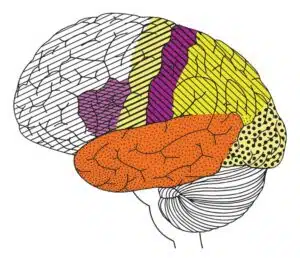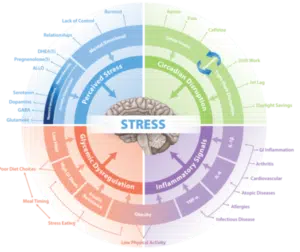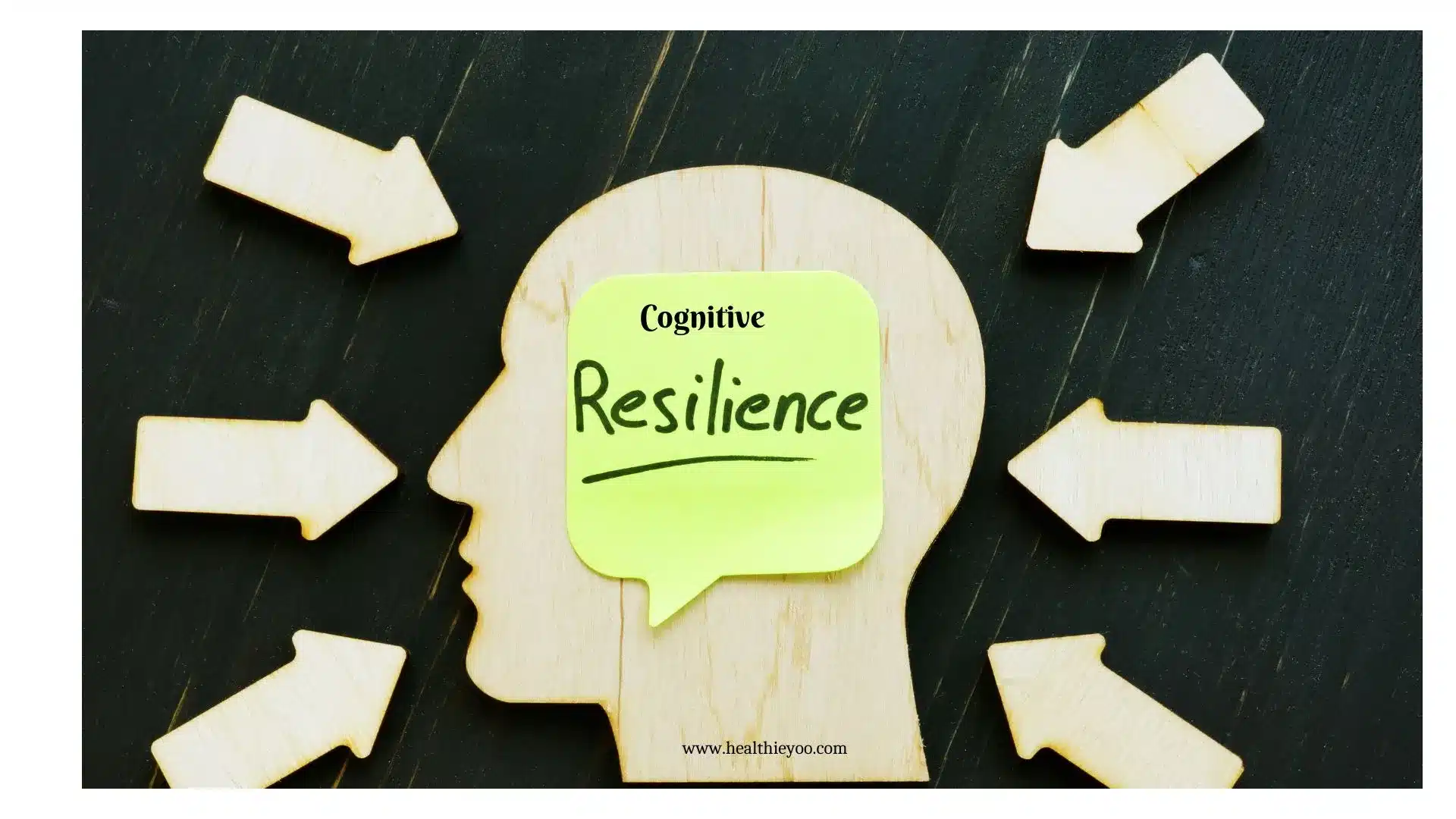It is common that with age, brain power degenerates and causes issues with normal day-to-day activities. These brain damages mainly influence one’s cognitive functions and lead to problems such as Alzheimer’s Disease. This is where cognitive resilience comes into the picture and is defined as the brain’s capacity to surpass the adverse effects of stress and failures in different aspects of life and bring in positivity.
Resilience is the power to deal with different negative situations that cause stress and cause more positive outcomes than expected. Now, the question is how one can increase these cognitive powers, which can help one cope with increasingly pessimistic situations.
Experts say therapy is an effective way of increasing resilience and moving ahead in life while leaving behind all the negative features. The need remains to walk continuously through the therapy sessions and consult trained professionals.
Tips to Unlock the Power of Brain Training Therapy
As the name suggests, brain training therapy or cognitive resilience is a process of training your mind to be strong in difficult situations and let go of things that can be hazardous to your mental health.
However, an ordinary person may find it difficult to understand how to increase this resilience power. Thus, experts have designed professional platforms such as Therapy Journey that lend a helping hand to such people seeking help with cognitive resilience.
Let us walk through some of the tips designed by trained professionals to unlock the power of proper brain training therapy or cognitive resilience.
As per different research studies, there is a direct relationship between stress resilience and the psychological empowerment of a situation. When you feel psychological empowerment in a particular case, it helps reduce unnecessary stress building over minor things that may not otherwise hold any importance in your life.
If you allow yourself to fall and succumb to these negative thoughts and stress, it is sure that you will not be able to fight these situations appropriately. Do mental exercises and repeat to yourself that you are not weak and robust enough to deal with any obstacle coming your way.
Challenge Your Brain Continuously
As per many learned researchers, challenging your brain’s limits is imperative and essential to keep it working in a positive sphere. However, at the same time, it is also necessary to enjoy these challenges so that you can make the most of them.
For example, it may be easy to say that crosswords are the best exercise to keep your brain resilient to unnecessary pessimistic thoughts. However, if you are not enjoying these crosswords, your brain may not be able to reap the actual benefits of this exercise.
Thus, according to the experts, it is crucial to find the particular challenges that excite you and focus on including them in your daily life.
Learn About Cognitive Defusion
Most of the mental suffering is the result of negative thoughts, which often generate in our minds automatically. These negative thoughts then have an influence on how we actually feel. It may not be possible to stop these thoughts from coming your way, but deciding how much of these thoughts to consider is undoubtedly attainable. This is called as Cognitive Defusion technique.
As per professionals such as Chris Gustafson, this technique of Cognitive Defusion is highly effective in separating our personalities from our thoughts, especially at work. This implies that though you may be getting hundreds of negative thoughts at work, this technique helps you not to react to most of them.
Also, this technique of Cognitive Defusion helps build resilience to carry out challenges given to us without paying attention to any negative thoughts.
Relaxation is Imperative
This is a fact that a relaxed mind can deal with multiple aspects, whether positive or negative, effectively. However, in today’s stressful and fast-paced life, relaxing that easily may not be possible.
Thus, one must follow relaxation techniques, such as meditation, walking in a park or on our favorite beach, tai chi, or yoga exercises. These relaxation techniques not only help you to keep your mind calm but also have a positive effect on your blood pressure, metabolism rate, muscle tension, respiration rate, and many other essential body functions.
Also, these relaxation techniques help you to manage your stress, no matter what the circumstances, in an effective manner and build your cognitive resilience.
Develop Belief in your Abilities
Believing in one’s abilities is also important to develop resilience against negative thoughts. This would ensure that you stay strong no matter how powerful these negative thoughts are. Thus, whenever you get these stress-related thoughts, repeat words such as ‘I can do this,’ ‘I am strong,’ etc.
In addition, you can always consult a therapist or an expert in the field who can give you tips regarding the same.
Final Words
Difficulties and challenges are integral to human life, and one needs to learn how to deal with them positively. However, sometimes these negative thoughts arising out of challenges have an adverse effect on our brain health. Thus, it becomes essential to learn how to improve our cognitive resilience skills and how to benefit from them immensely.
So, learn the tips mentioned above and consult a professional who can guide you to increase your resilience power and improve your mental health. Happy learning!
Related Posts

Brain Awareness Week – Support Your Brain Health Through Lifestyle Intervention Strategies: The Four S-Factors
Lifestyle and Brain Health It’s brain awareness week! Living a healthy lifestyle is widely known to be important to support brain health. There is

The Art Of Slow Breathing In A Fast-Paced World
As humans, we can live without food and water for weeks, but what we cannot live without is oxygen. Breathing is the highest pleasure in

Functional Medicine Pharmacist – Going Beyond The Pill
Who is a functional medicine pharmacist? What certifications are required for a functional medicine pharmacist? Here are the 5 foundational pillars of functional medicine and

Supercharge Your Brain With Lifestyle Choices
Here is how to supercharge your brain with lifestyle choices and be healthy! Here is a reminder on ACLM 6 pillars of lifestyle medicine, AHA

Improving resistance, resilience, and recovery from COVID-19 through personalised nutrition and lifestyle interventions
A holistic element of improving resistance, resilience, and recovery from long Covid through personalised nutrition and lifestyle interventions is described here highlighting five specific focus

Mind Over Matter : Help Your Brain Heal Your Heart
Mind over matter? February is designated as American Heart Month! So, let us take care of our heart health. Here are some exciting tips on
Disclosure
“This is an external post and the views expressed are of the sponsor/author/third party and not of Healthieyoo’s editorial team. The publishers of this website take no responsibility for any health issues, personal injury, death, disability, or any other harm due to the content on our website or any advice or opinion expressed on our website. Please also read our medical disclaimer “.

